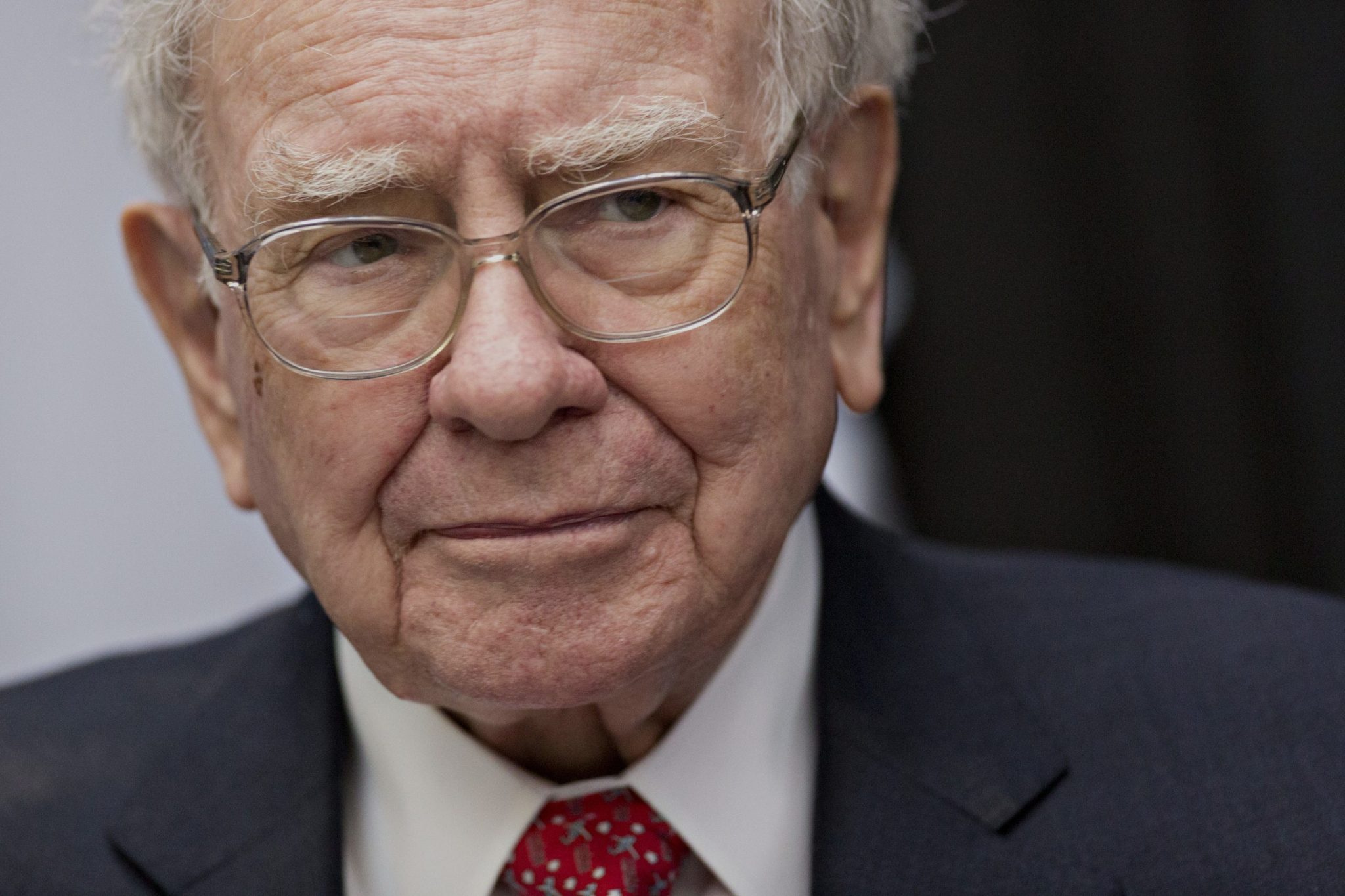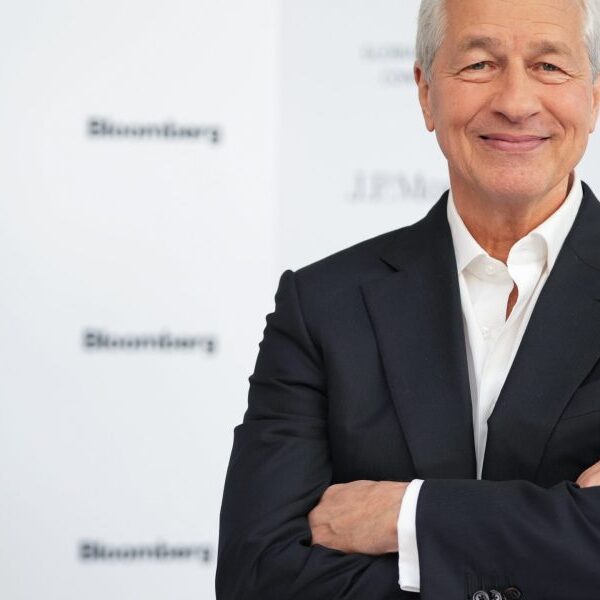
Kraft Heinz, the packaged-food giant created in 2015 by Warren Buffett and Brazilian private equity firm 3G Capital, is officially breaking up. The Tuesday announcement ends one of Buffett’s highest-profile bets—and one of his most painful—as the merger that once promised efficiency and dominance instead wiped out roughly $57 billion, or 60%, in market value.
Shares slid 7% after the announcement, and Buffett, whose Berkshire Hathaway still owns a 27.5% stake, was blunt about his feelings.
“It certainly didn’t turn out to be a brilliant idea to put them together, but I don’t think taking them apart will fix it,” he told CNBC, adding he was “disappointed” by the decision.
A split in two
The company announced that it will divide into two publicly traded businesses by late 2026:
- Global Taste Elevation Co. will be focused on classic Heinz items, such as sauces, spreads, and condiments, Heinz ketchup, Kraft Mac & Cheese, and Philadelphia cream cheese among them.
- North American Grocery Co. will be home to iconic staples like Oscar Mayer, Kraft Singles, Maxwell House, and Lunchables. Current CEO Carlos Abrams-Rivera will lead this unit, while the board searches for a new leader for Global Taste Elevation.
Executive chair Miguel Patricio launched the move as a way to simplify capital allocation and sharpen strategic focus on a marketing level.
“We can allocate the right level of attention and resources to unlock the potential of each brand,” he told the Wall Street Journal.
The separation comes after a decade of underperformance. Since Kraft and Heinz merged in 2015, the stock has lost more than $57 billion in market capitalization, been battered by $15 billion in write-downs, and weathered waves of consumer rejection as shoppers turn away from processed staples.
Buffett has been candid about the misstep. In 2019, he admitted Berkshire had “overpaid for Kraft.” Since then, the Oracle of Omaha has written down billions on the stake, while 3G Capital quietly headed for the exit, leaving Berkshire as the mostly exposed, and bruised, shareholder.
Will a split help?
The separation poses a tougher problem for investors: If consumers are fleeing “old” grocery brands that haven’t adapted to the health and wellness standards of today, why should separate brands fare better in the same silos?
“More marketing support isn’t some form of magic elixir,” analyst and Yahoo Finance executive editor Brian Sozzi wrote on LinkedIn about the deal.
TD Cowen’s Robert Moskow argued to the Journal that food conglomerates often overestimate the benefits of size. “Food companies have found that their breadth of influence in the grocery store does not necessarily yield the advantages they expected,” he said.
In other words, breaking Kraft Heinz into two units may clear up some bureaucratic inefficiencies, but it doesn’t change the fact that there’s simply less customer demand for hot dogs or processed foods like Lunchables. For Buffett, the split is a symbolic closing chapter on a rare investing miscalculation. As the Oracle of Omaha prepares to hand over the reins to Greg Abel at year’s end, Kraft Heinz will stand as a cautionary tale: Even the most iconic brands can’t outrun shifting consumer tastes.















